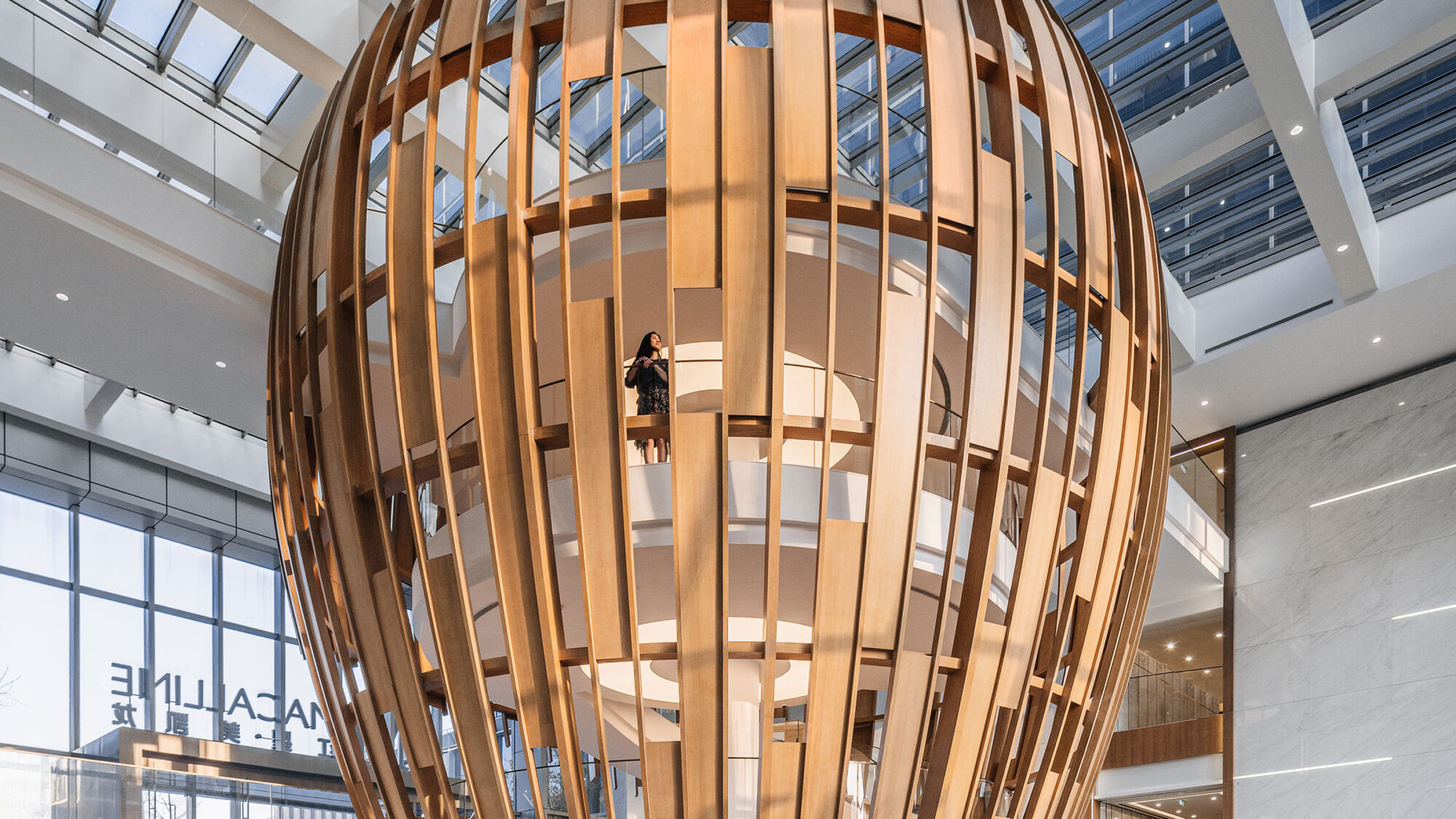

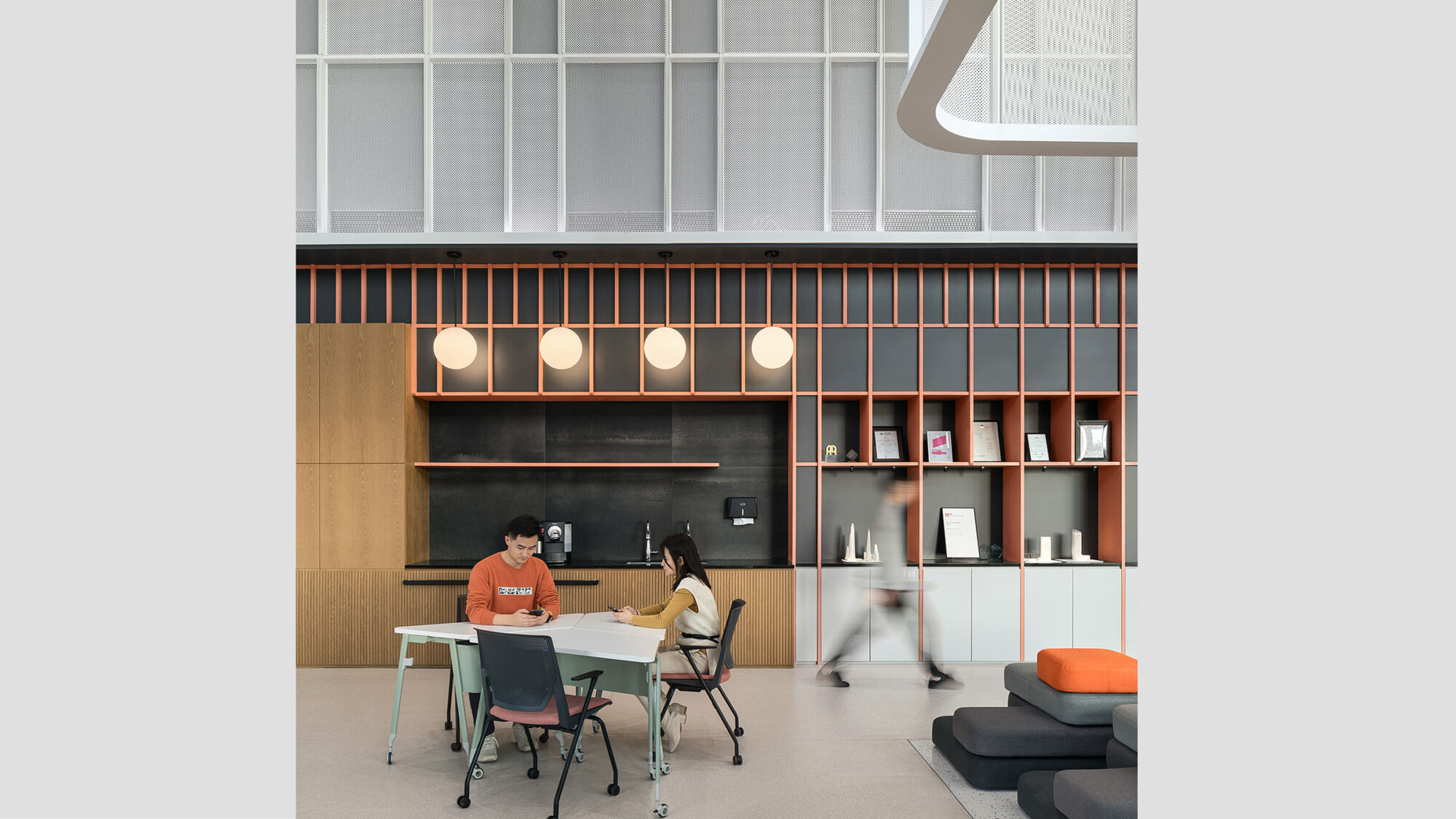
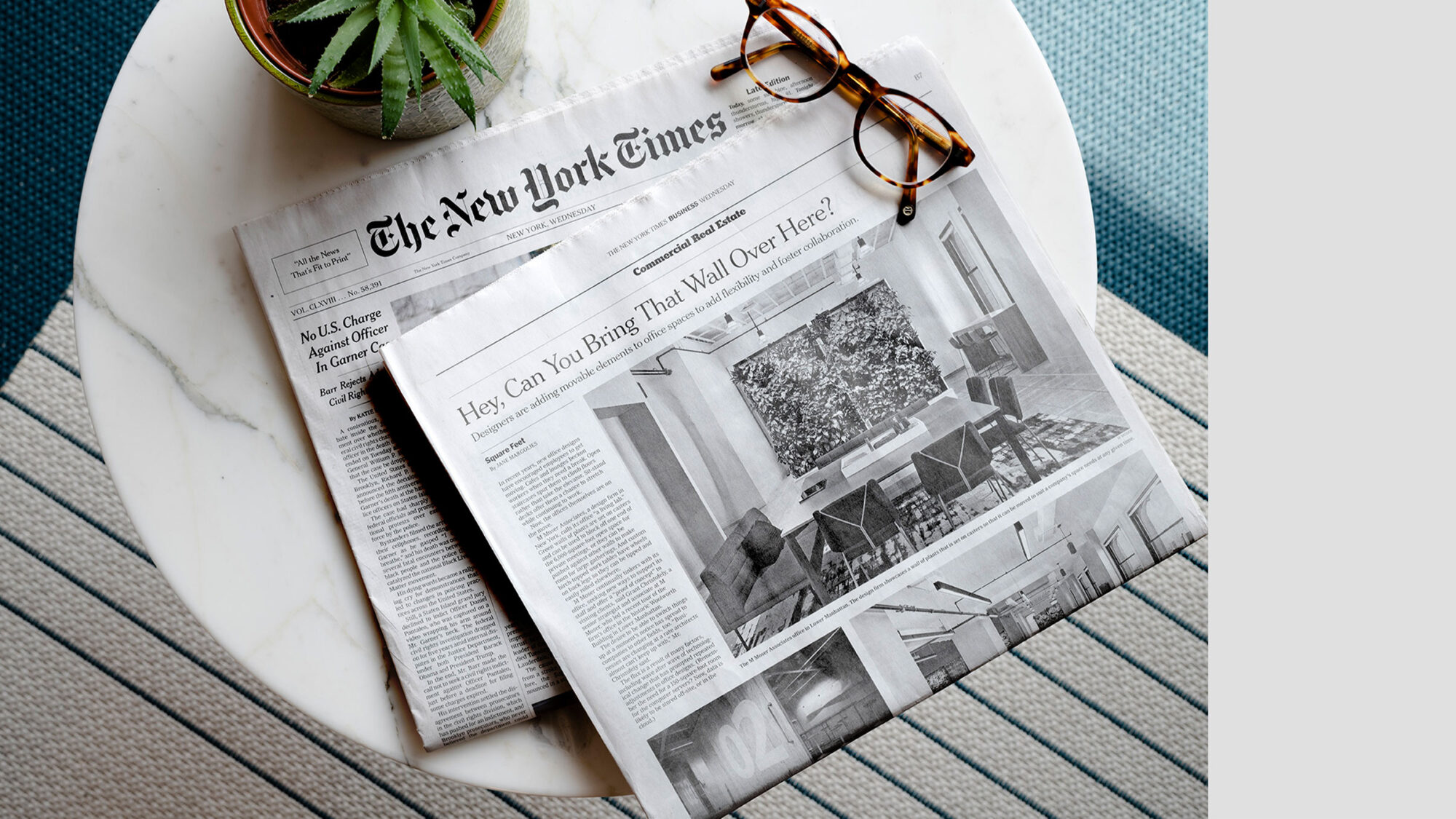
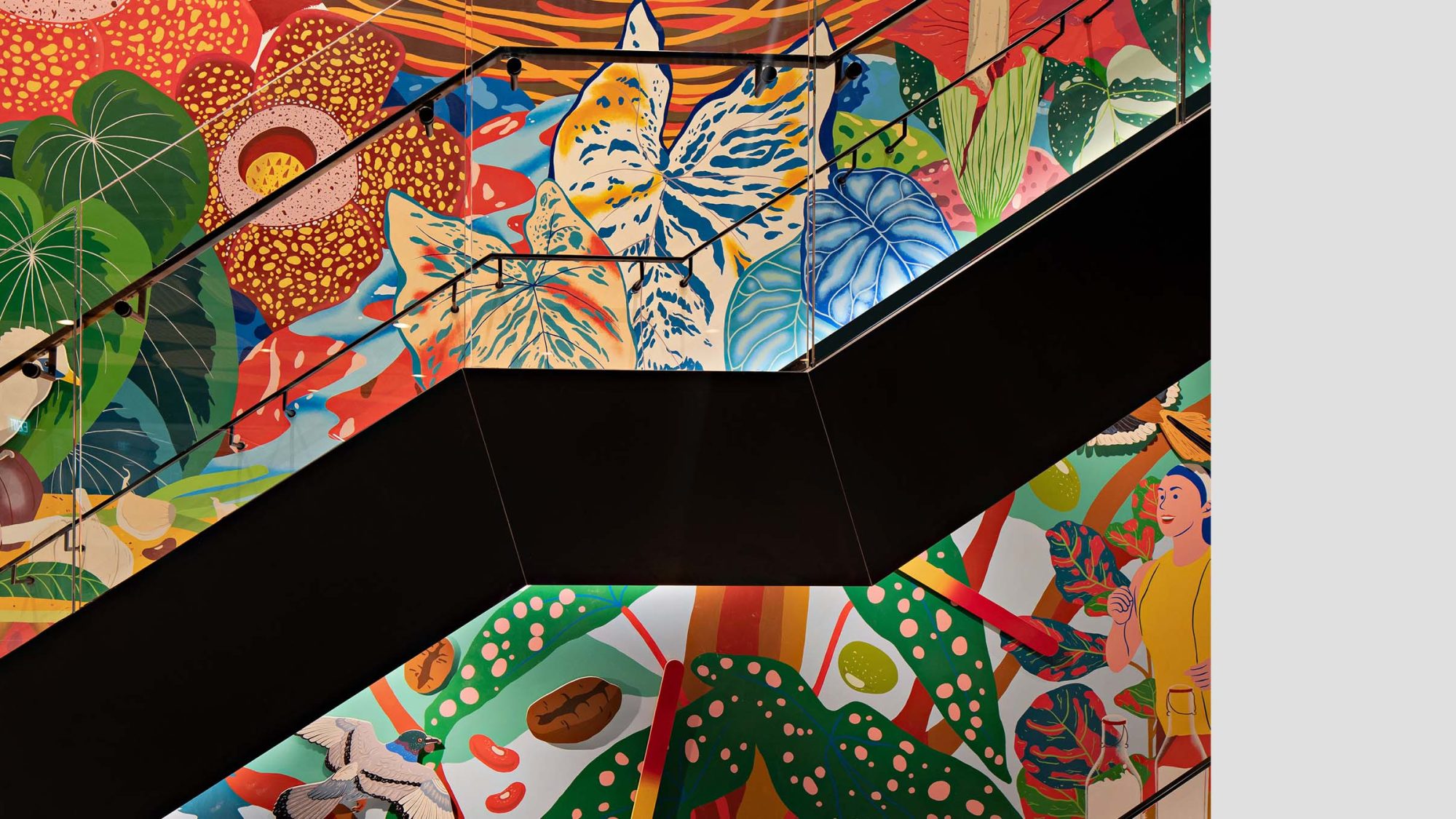
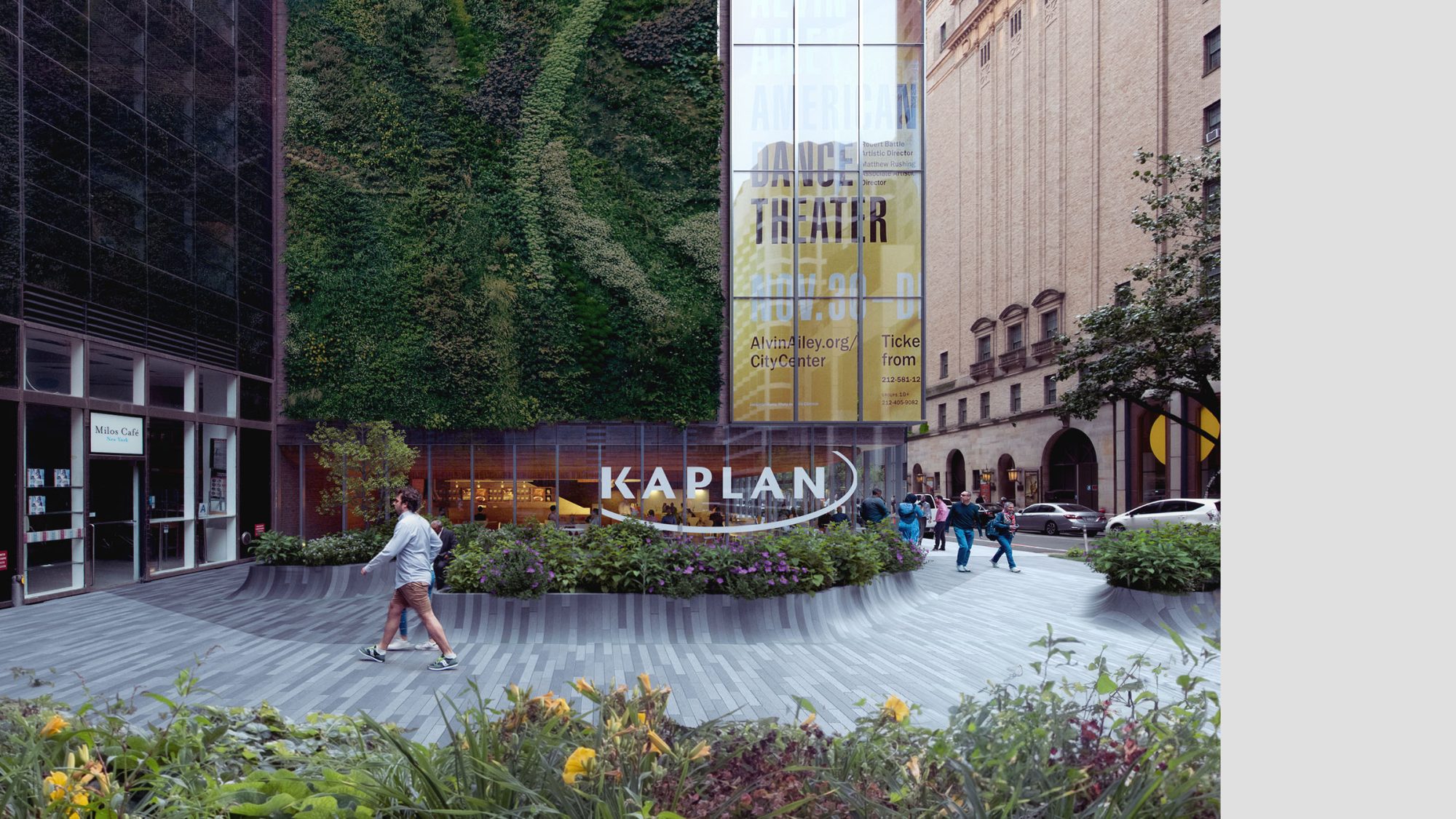
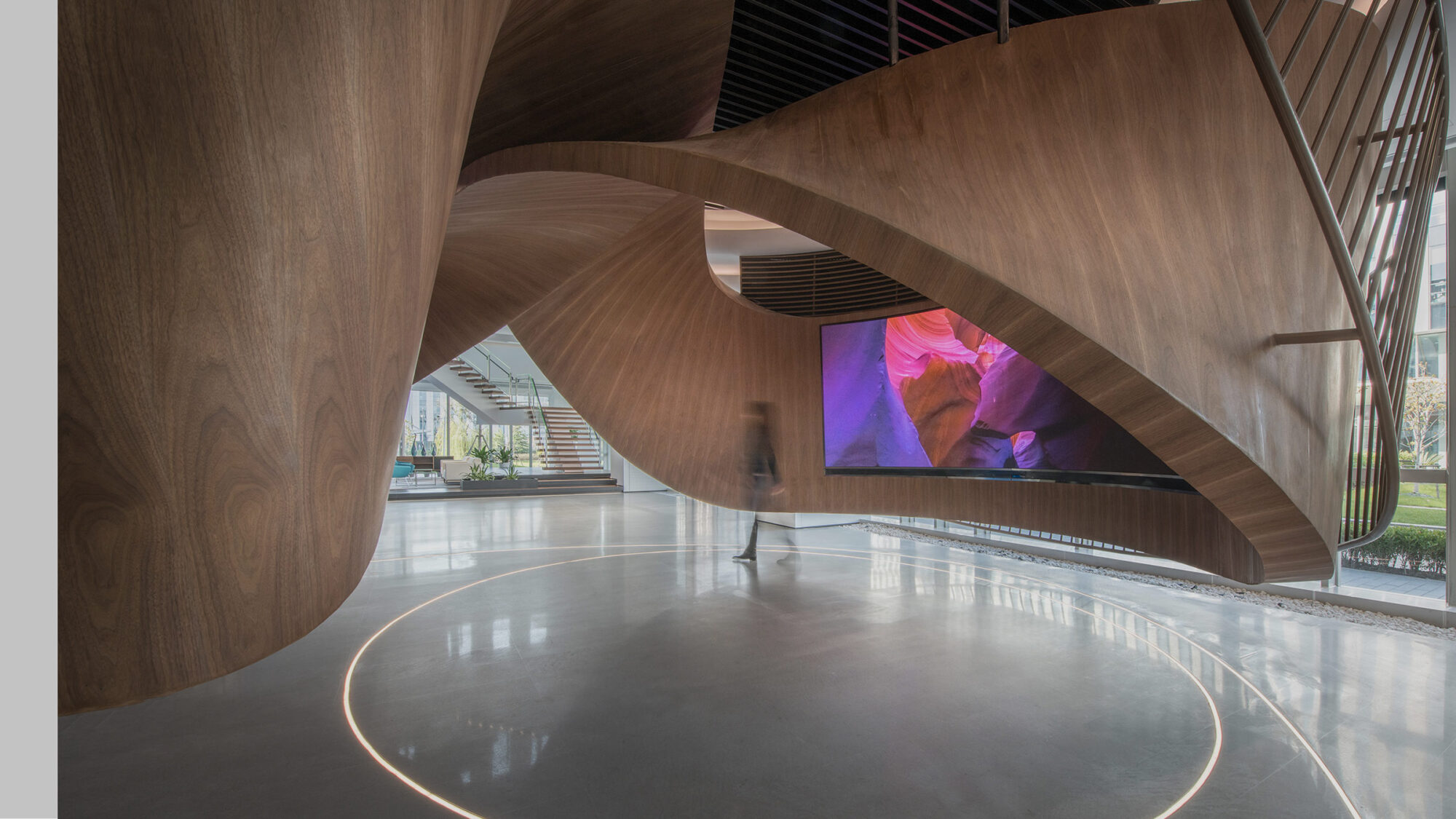
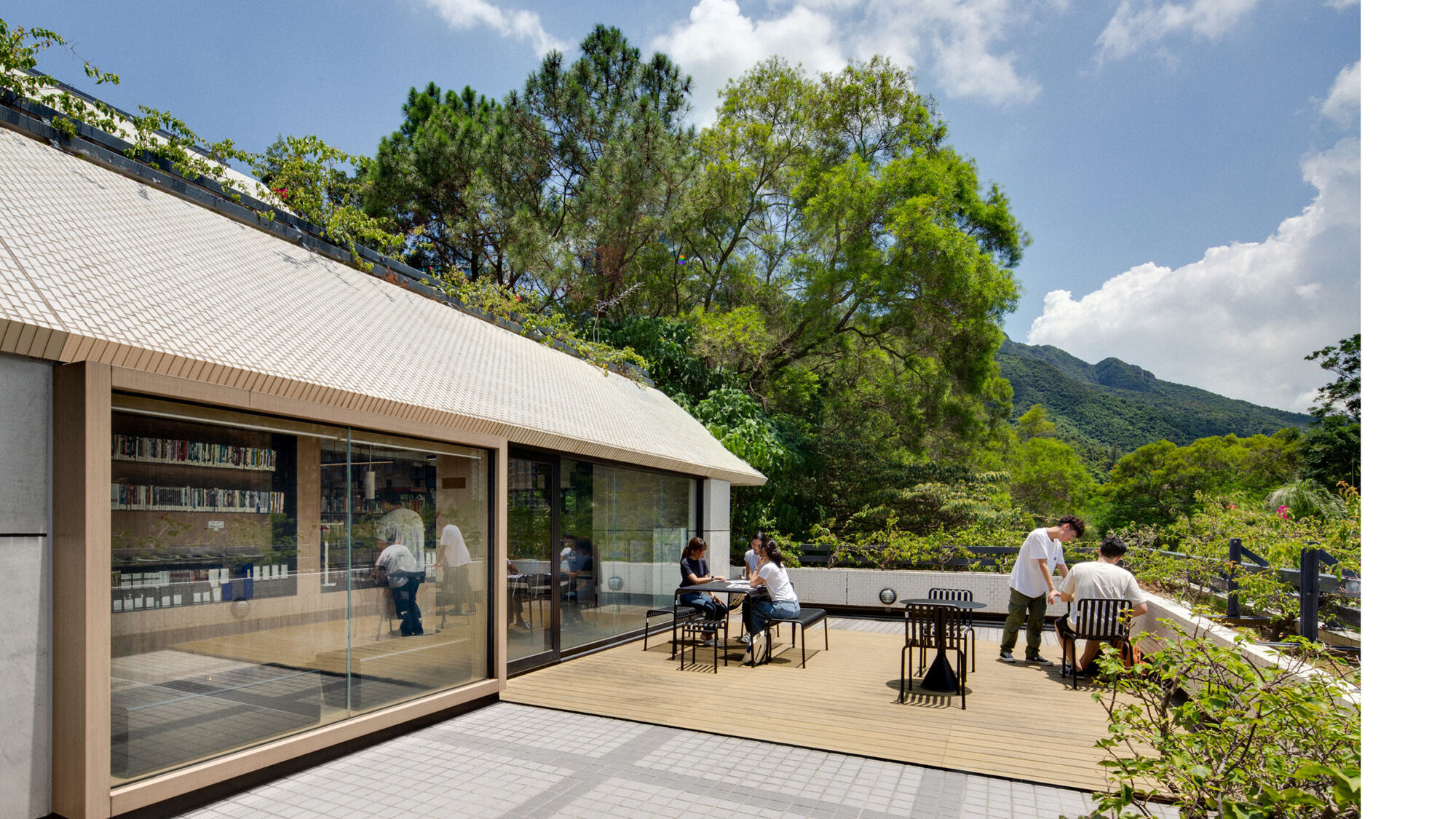
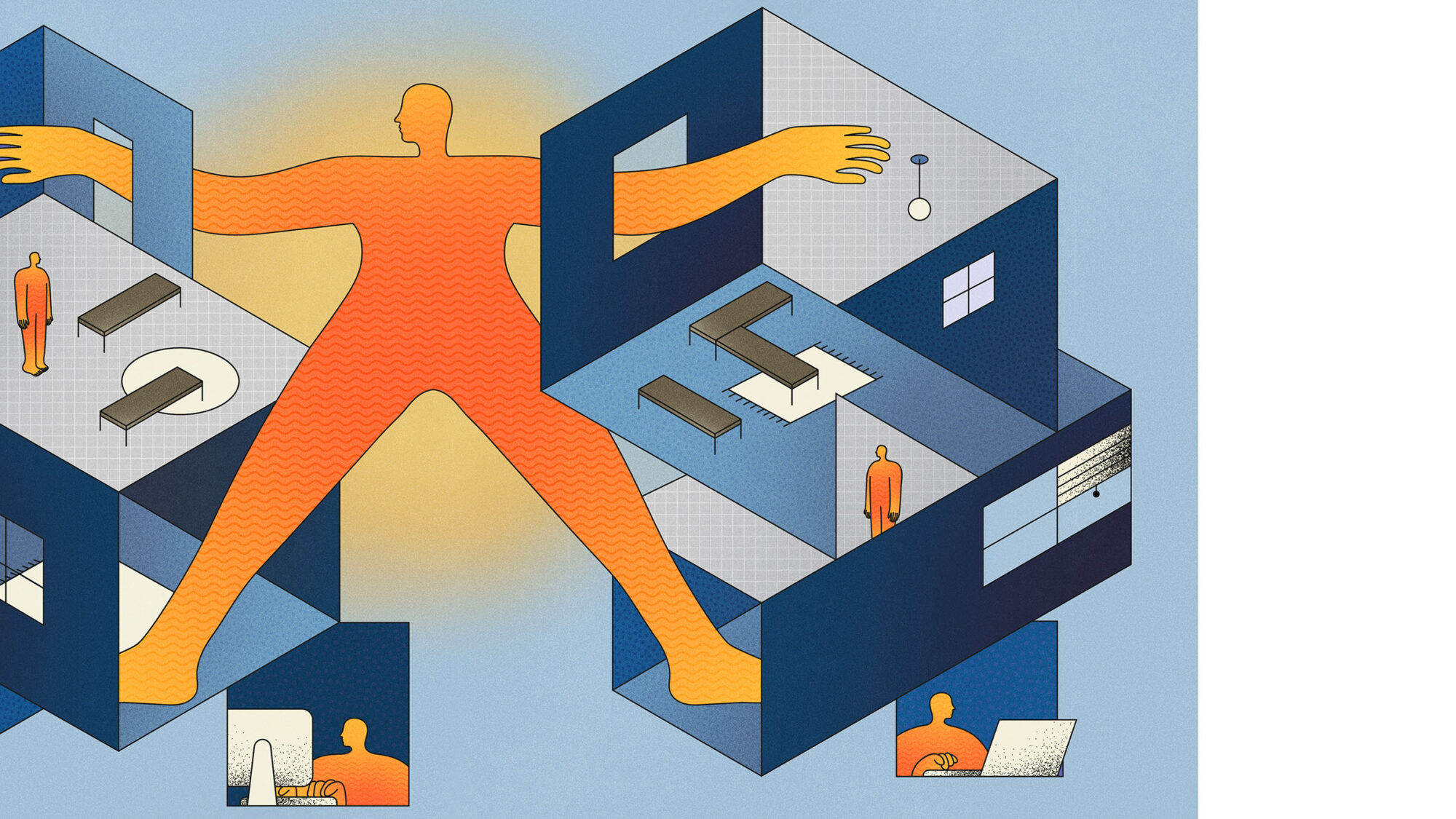
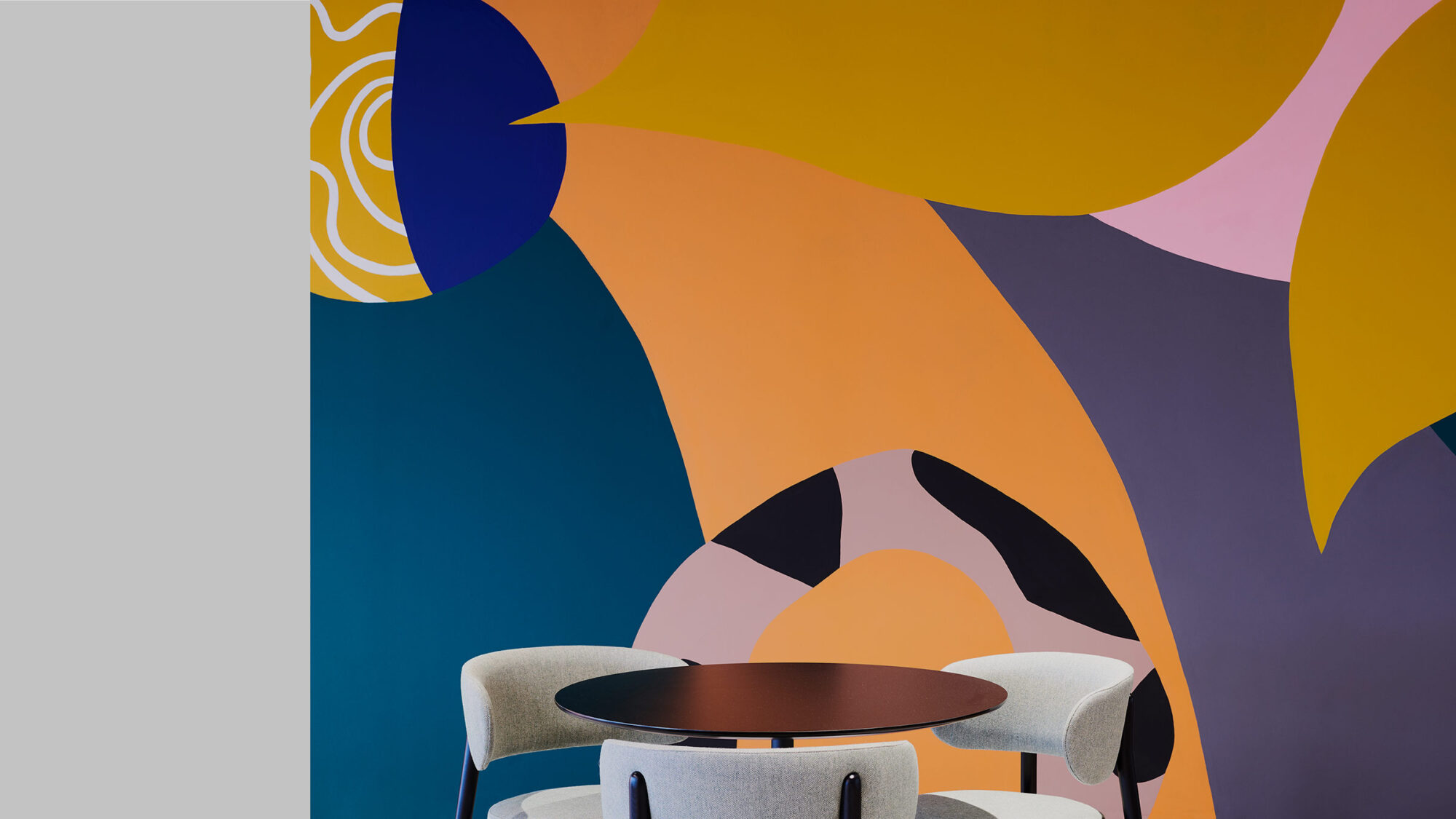
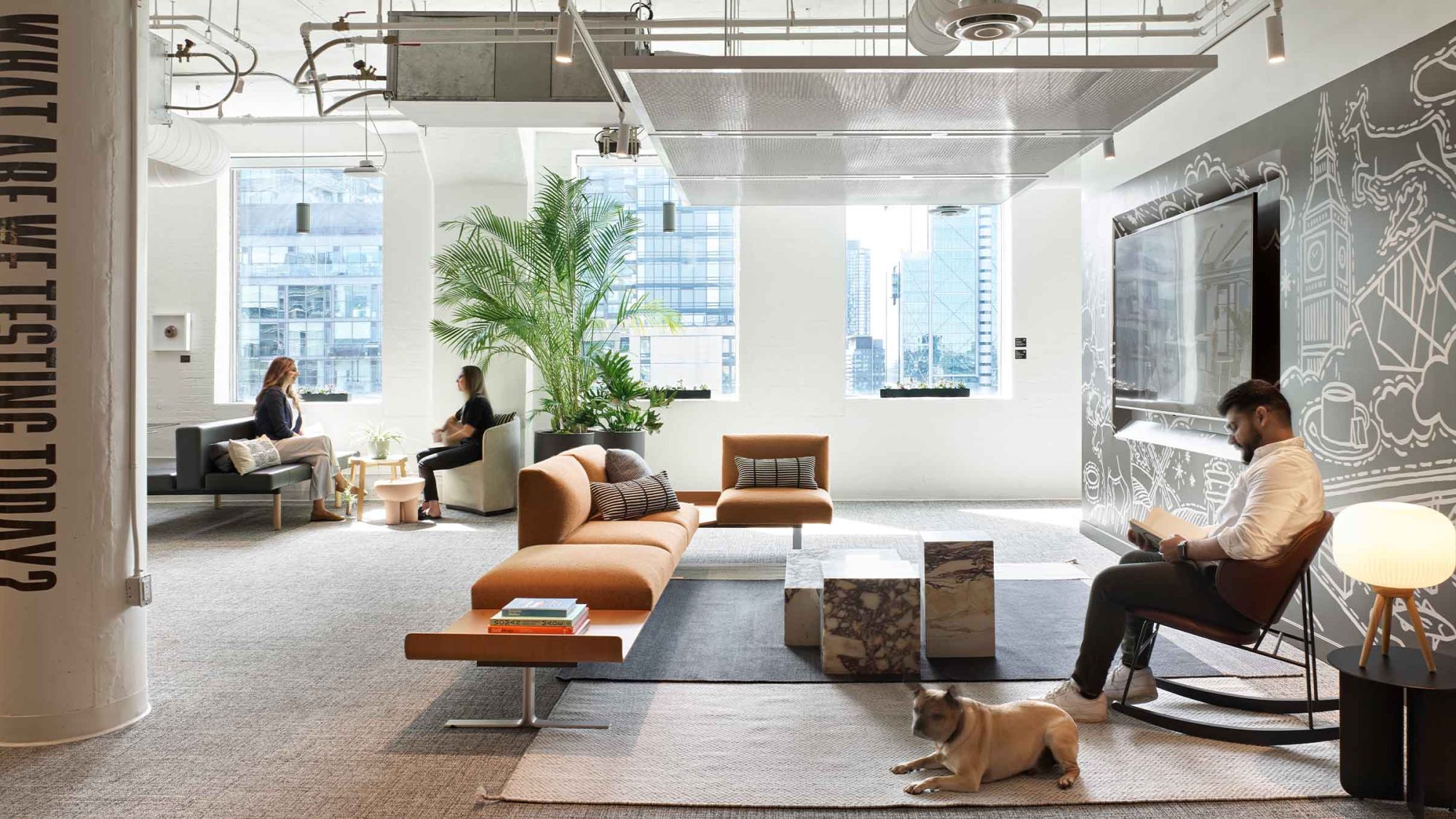
Our Toronto living lab project was more than an office relocation; it was a strategic move towards an innovative, sustainable future. Like other M Moser living labs around the world, this workplace acts as a catalyst for transformation by creating a space for testing, measurement and evaluation.
Our teams designed this workplace to embody an ethos of experimentation, actionable insights and ‘walking the talk’. We did this by incorporating elements like adaptive settings and focusing on employee wellness and our ESG goals.
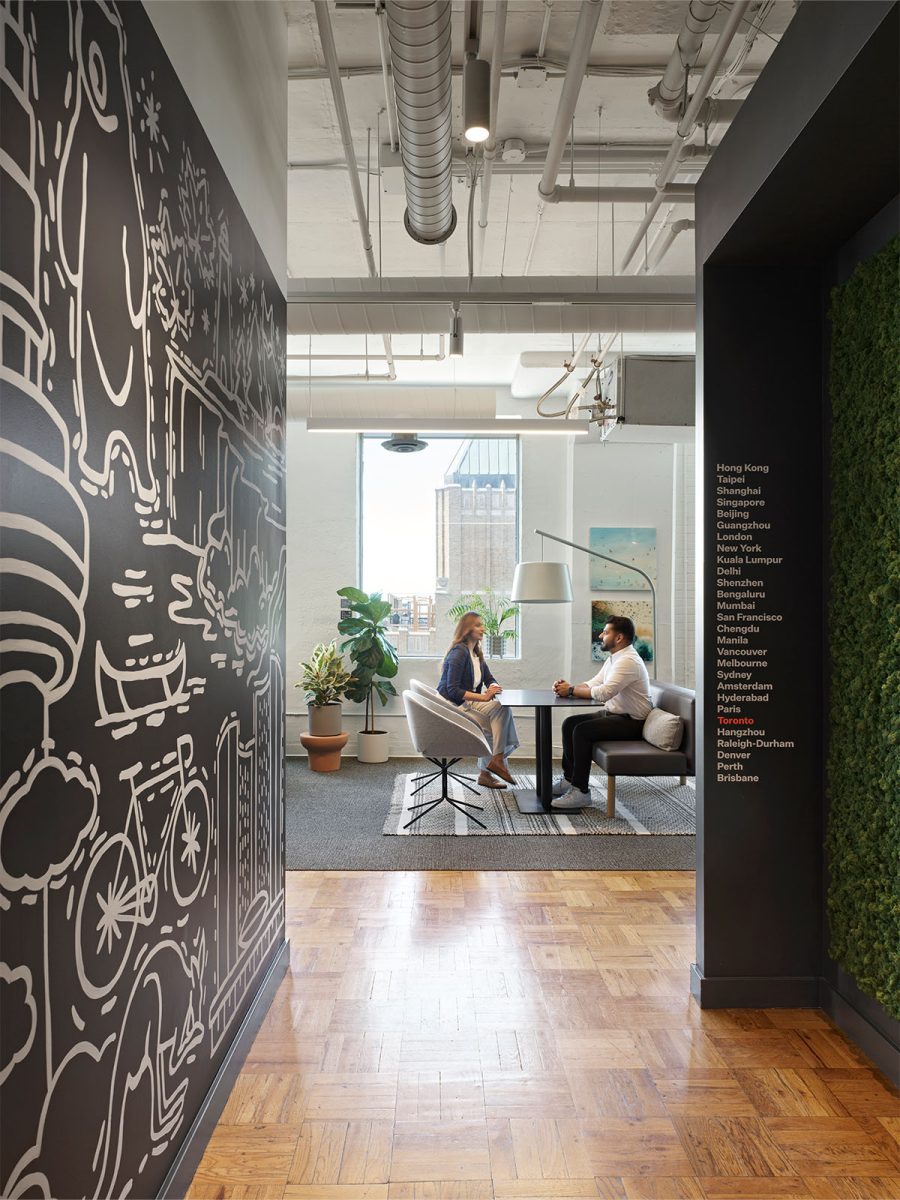
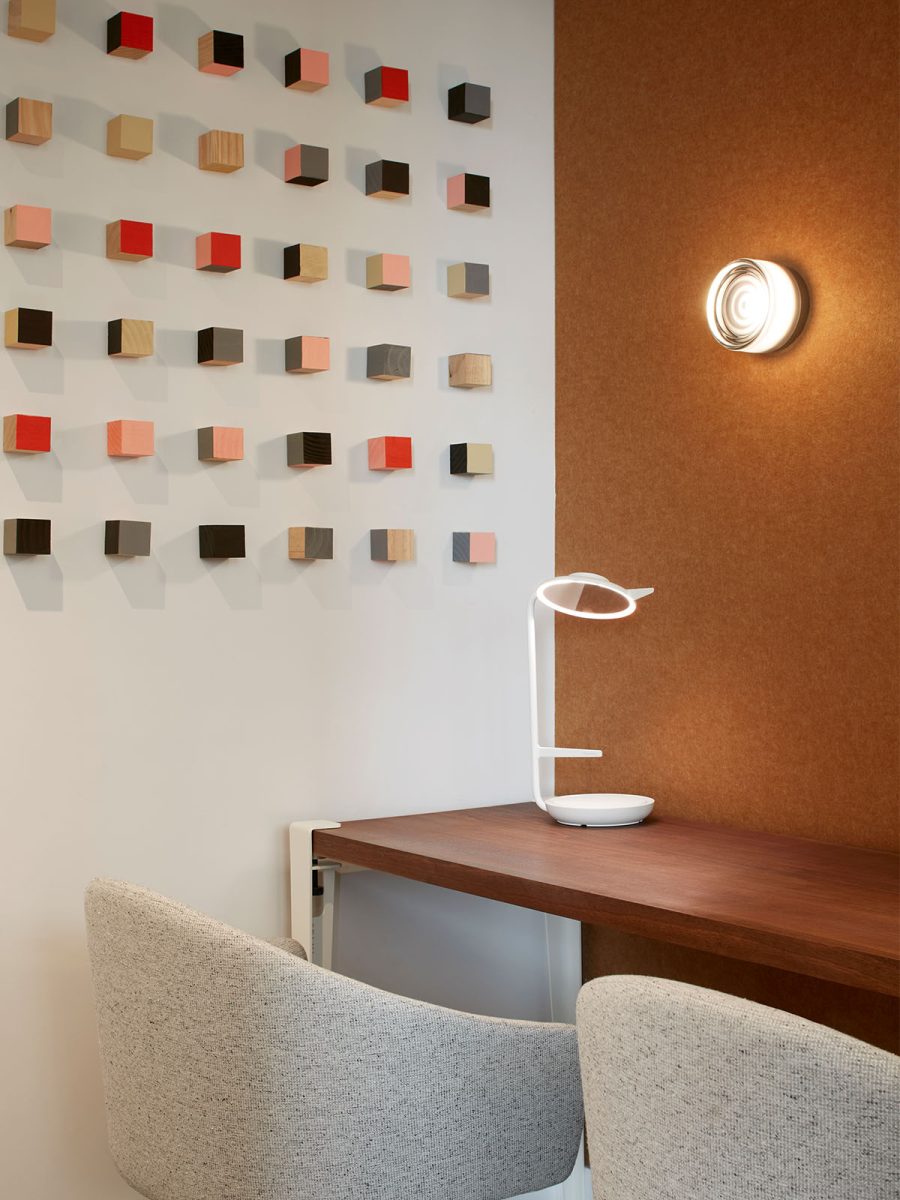
We prioritised human-centric design by actively listening to our people to create a smart, adaptive work environment that continuously incorporates their feedback. The most important aspect is ensuring that team members feel connected and empowered.
Chantal Frenette, Director, M Moser AssociatesThe design process was deeply collaborative from the outset. Over ten months, we engaged extensively with our team to understand their needs and how different spaces could support their daily activities. Our previous office was a pilot site where various settings were tested and refined based on feedback. This process enhanced the design of the new space to ensure it supports creativity, collaboration and connectivity.
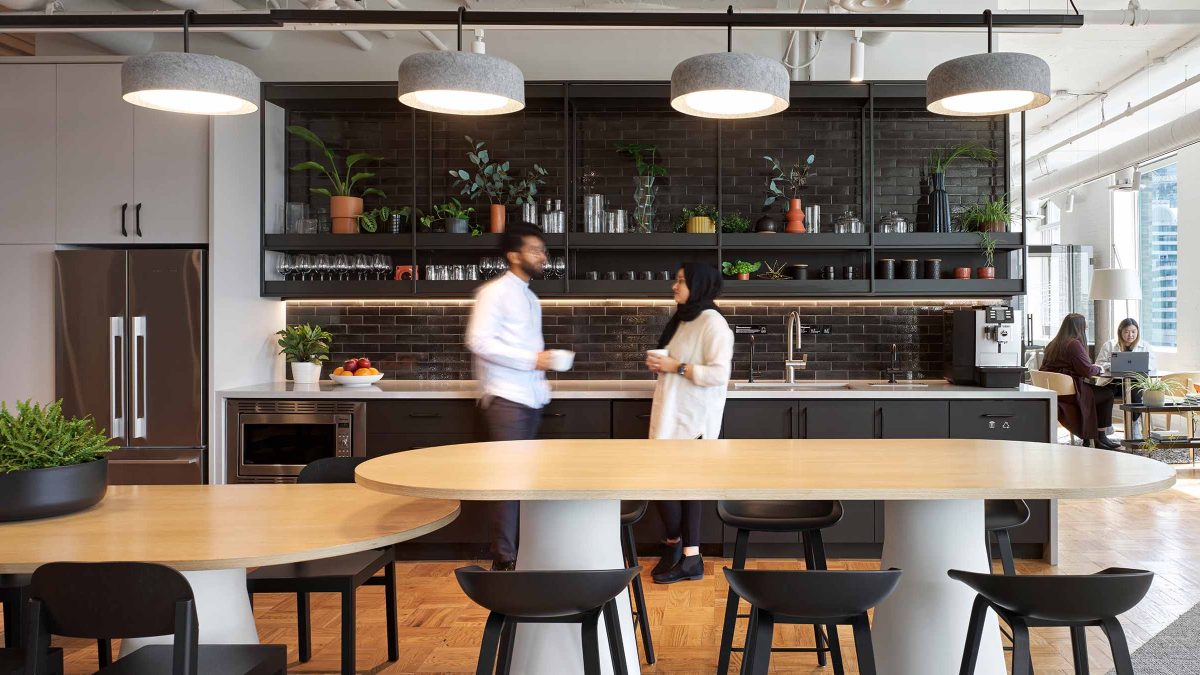
Areas are supported by flexible, ergonomic workstations, sound lighting and acoustic interventions. Each space prioritises employee wellness and productivity alongside the client-centric nature of our work.
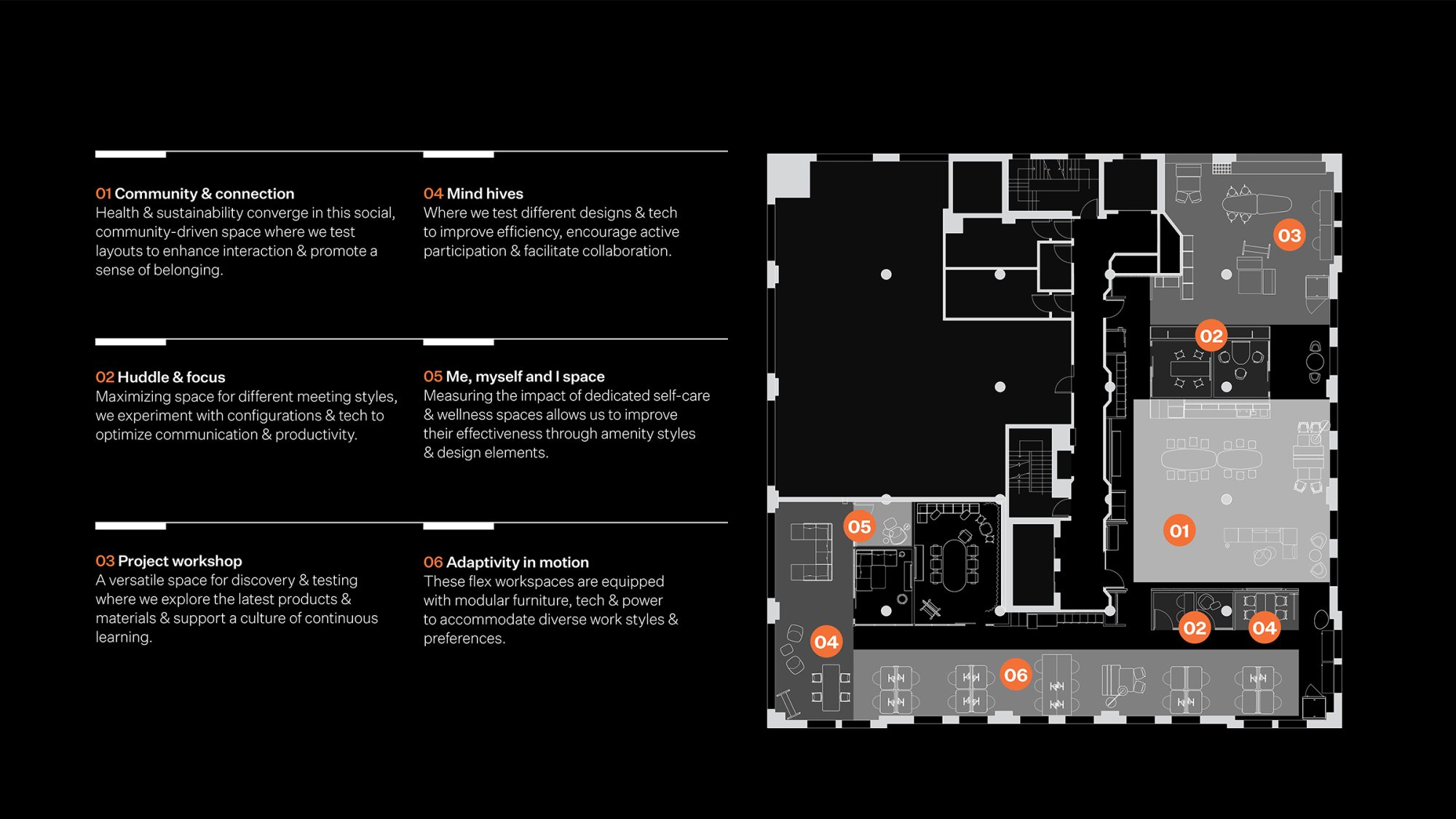
Our office is on the 11th floor of the Balfour Building, a Toronto landmark and designated heritage building. Adapting to the physical characteristics of the building while striving for net zero certification presented unique opportunities at every turn. To minimise any modifications to the base building, we decided to utilise and work around existing architectural elements, such as the 100-year-old parquet floors, HVAC units and some of the existing partitioning.
We consciously adapted our approach to align with net zero and WELL principles. We continually questioned the necessity of each addition, sought environmentally conscious alternatives and prioritised the design for adaptability, longevity and recyclability.
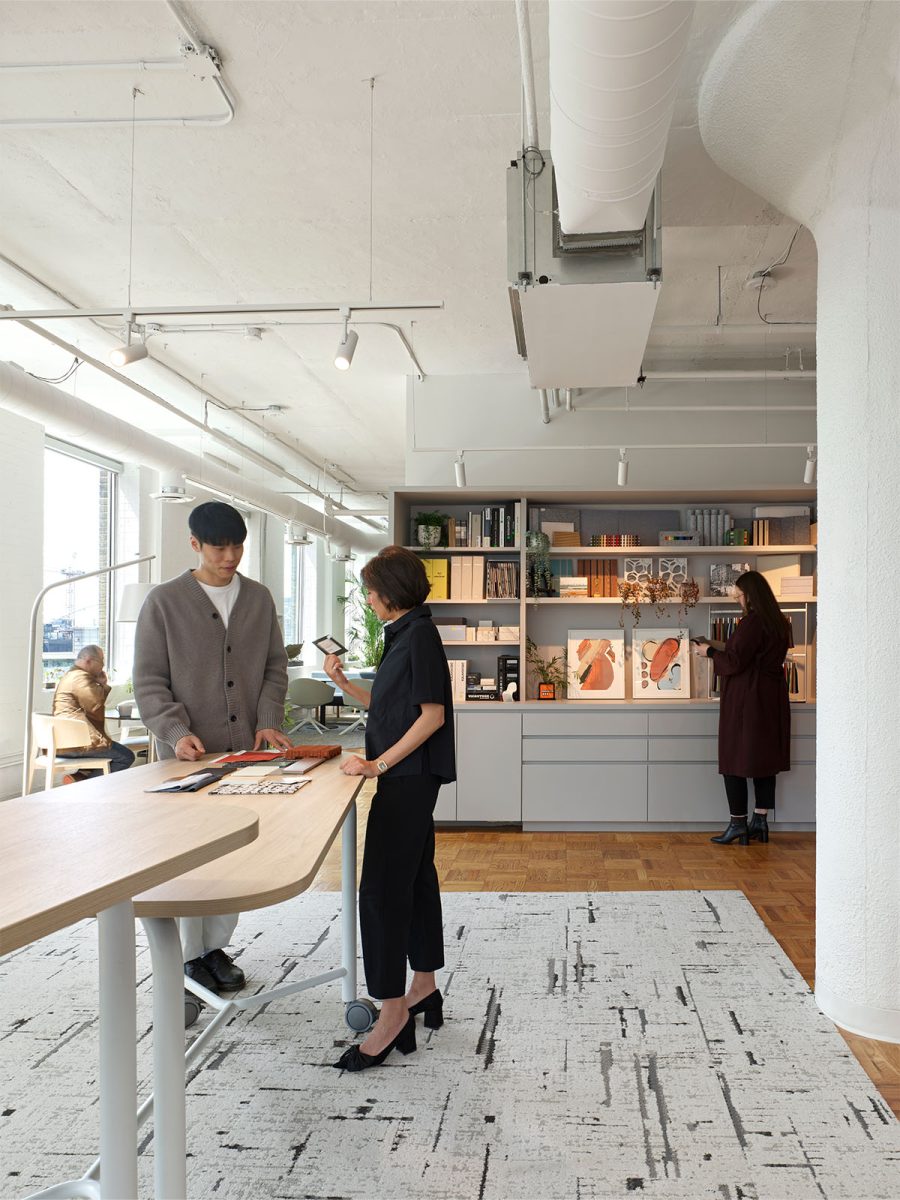 The green library is a collection of carefully vetted project materials.
The green library is a collection of carefully vetted project materials. 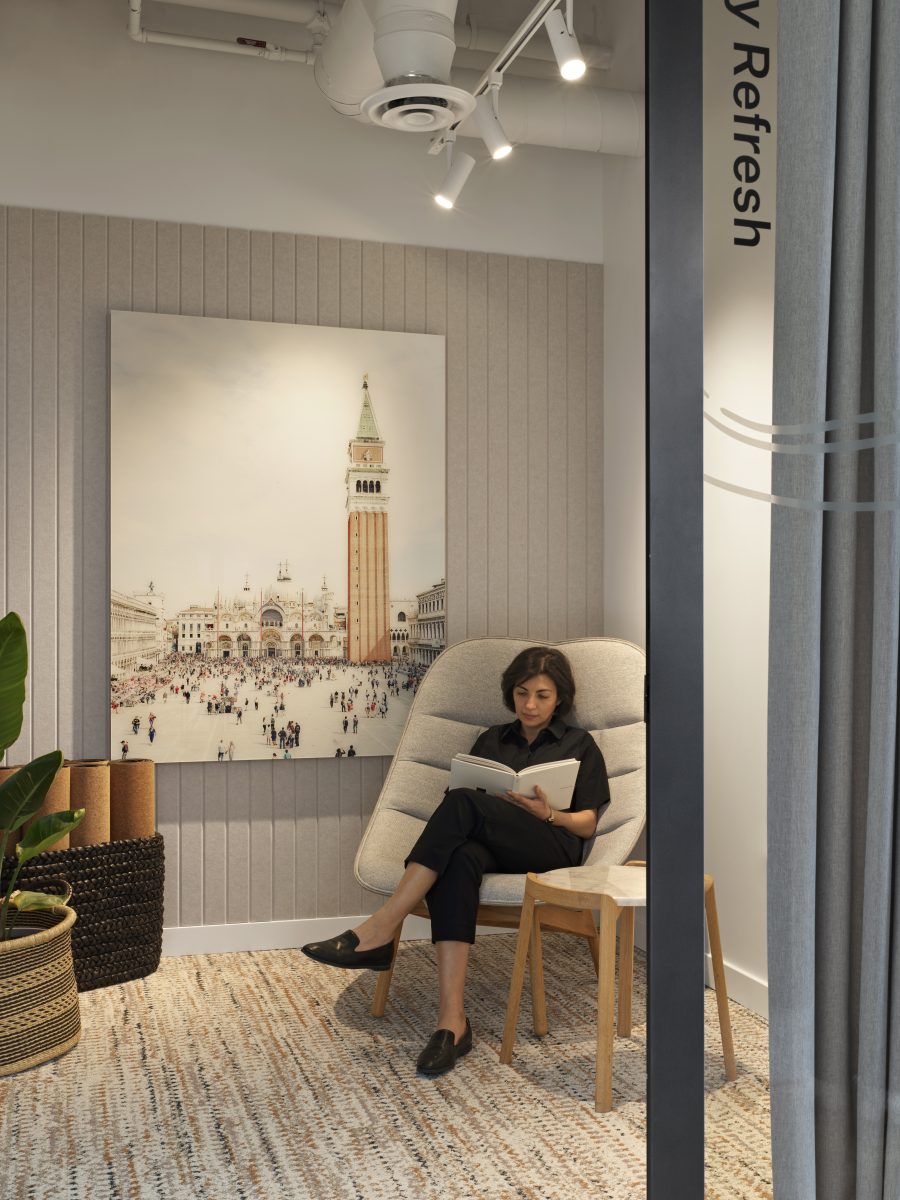 Our wellness room helps alleviate mental fatigue and get a good stretch in.
Our wellness room helps alleviate mental fatigue and get a good stretch in. Here are some initiatives we implemented to reduce the office’s carbon footprint:
Smart sensors: Strategically placed sensors monitor carbon accounting and other factors for cost savings and efficiencies, with real-time data displayed on a screen.
Energy efficiency: Use of Energy Star appliances and efficient temperature management systems.
Pre-loved furniture: Curated items from existing vendor partnerships to create a cohesive feel.
Sustainable materials: Chose furniture with environmental product declarations, high recycled content and low VOCs.
Materials reduction: Prioritised repurposable furniture, used durable materials and minimised new floor, wall and ceiling finishes.
Our propagation station: Set up a station to encourage employees to grow plants, helping reduce the office’s carbon footprint and regulate temperature.
These measures support our environmental goals, efficiency and corporate responsibility.
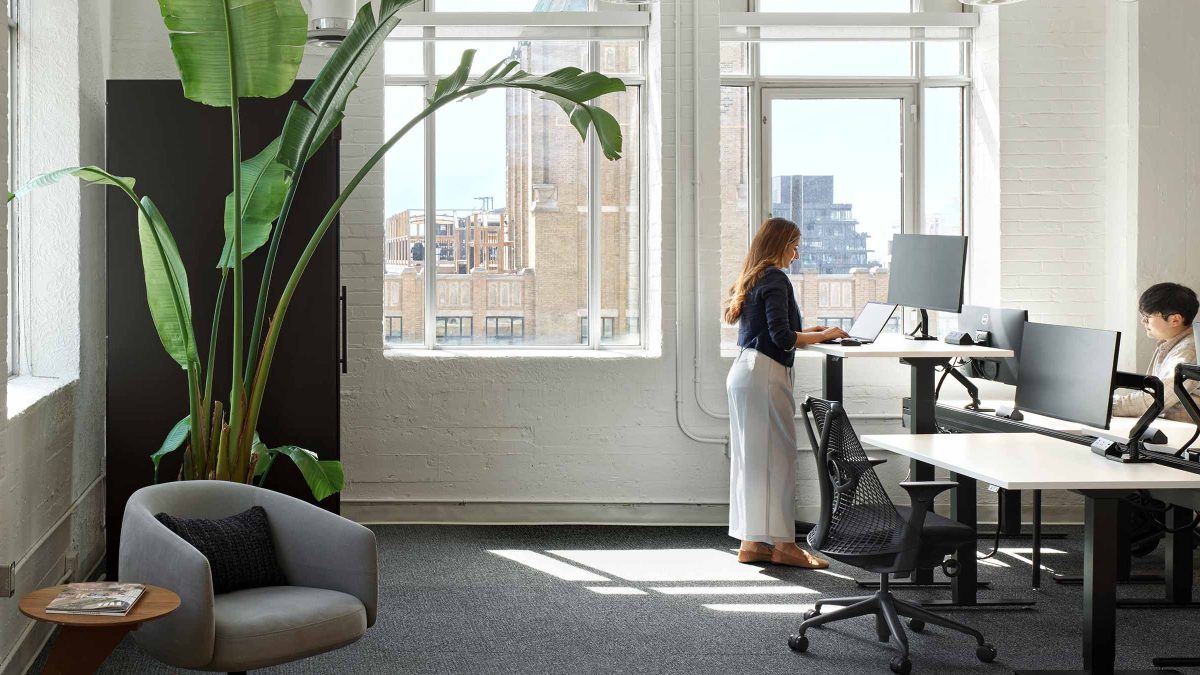 Systems, like our power distribution, are designed to be free-standing and agile, granting us complete freedom to make changes without altering existing services within the space.
Systems, like our power distribution, are designed to be free-standing and agile, granting us complete freedom to make changes without altering existing services within the space. Traditionally speaking, a designer’s role is typically to overhaul existing spaces completely, discarding elements that don’t align with the new vision. Our team has intentionally shifted from this mindset in redesigning workspaces. Instead, we value and leverage existing infrastructure and investments to protect our planet – an approach that resonates deeply across industries.
Our approach conserves resources and honours a space’s history and identity, creating a workspace that feels both renewed and familiar. At the same time, this approach enhances initial investments rather than erasing them.
Continuous engagement through surveys and feedback channels has been essential. This ongoing dialogue with our employees allows for continuous, iterative changes to the space based on real trials and experiences. For instance, areas found to be underutilised are re-assessed and redesigned to meet team needs better, embodying our living lab’s ethos of continual testing and adaptation.
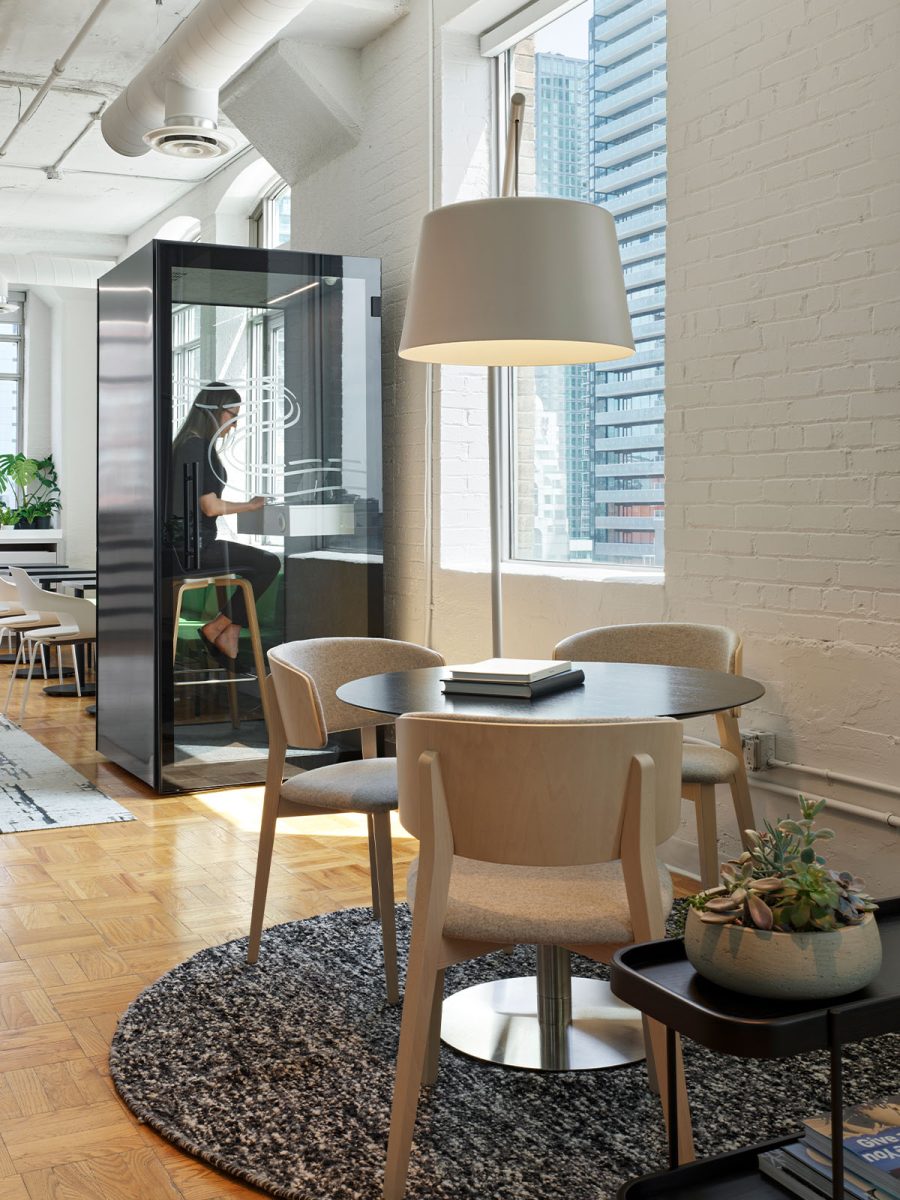
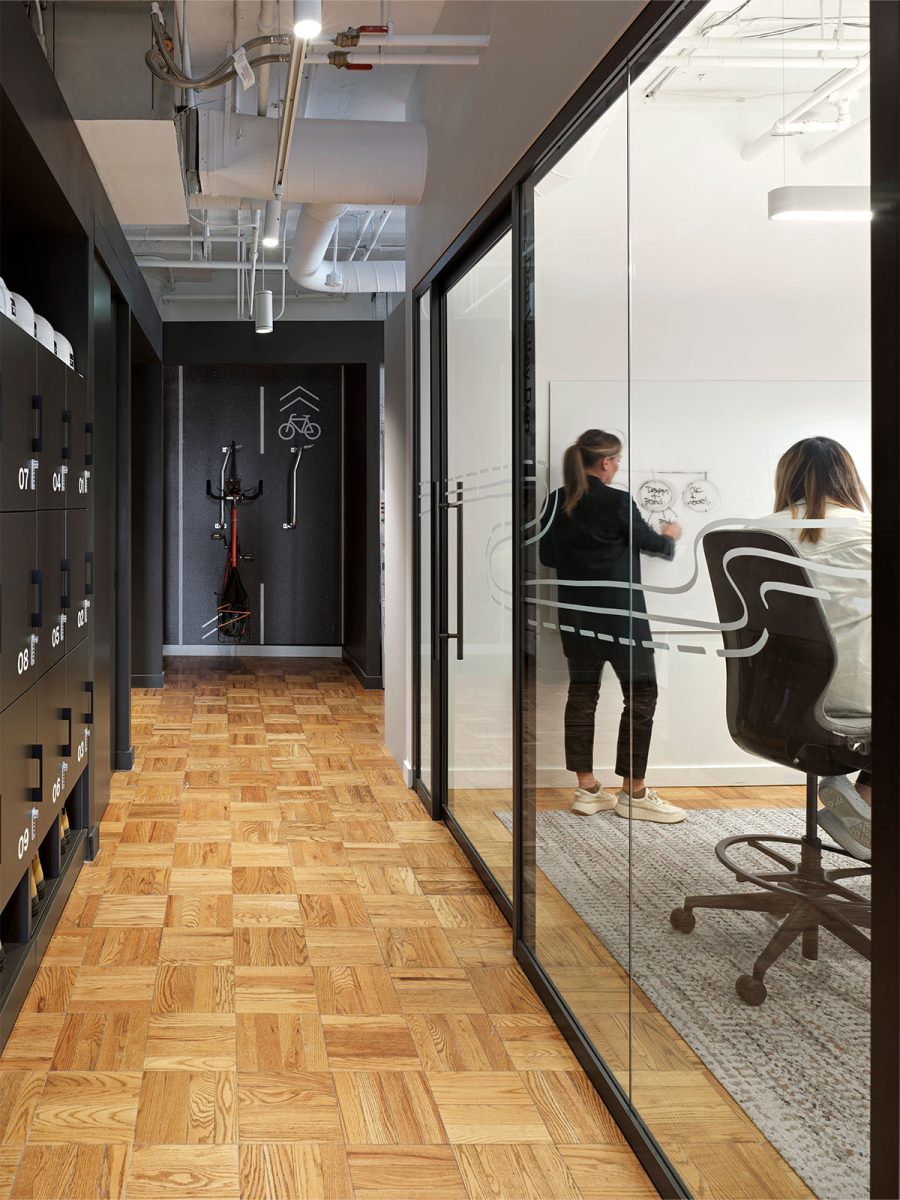
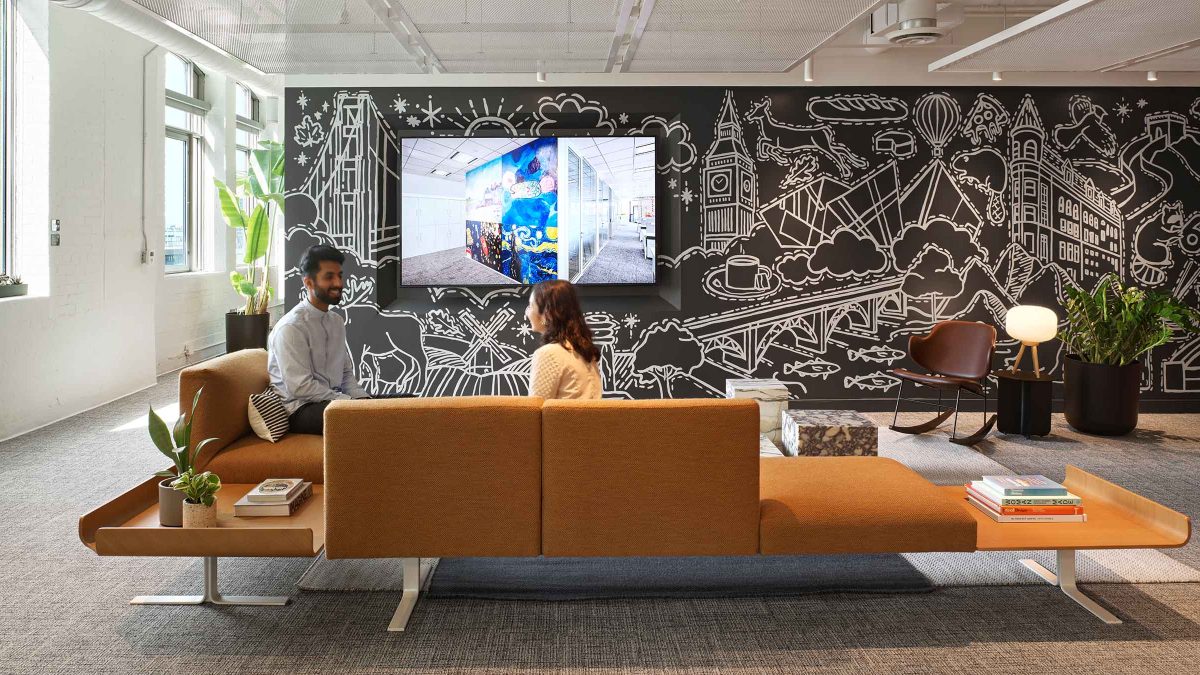 Design choices localise our global brand to build community and increase engagement by creating a unique look and feel tailored to the location and its audience.
Design choices localise our global brand to build community and increase engagement by creating a unique look and feel tailored to the location and its audience. Our Toronto living lab allows us to reimagine the workplace and reshape the future of work itself. It is a prime example of how thoughtful design, aligned with the needs of people, business and the planet can result in a space that meets current needs and is poised to adapt to future changes.
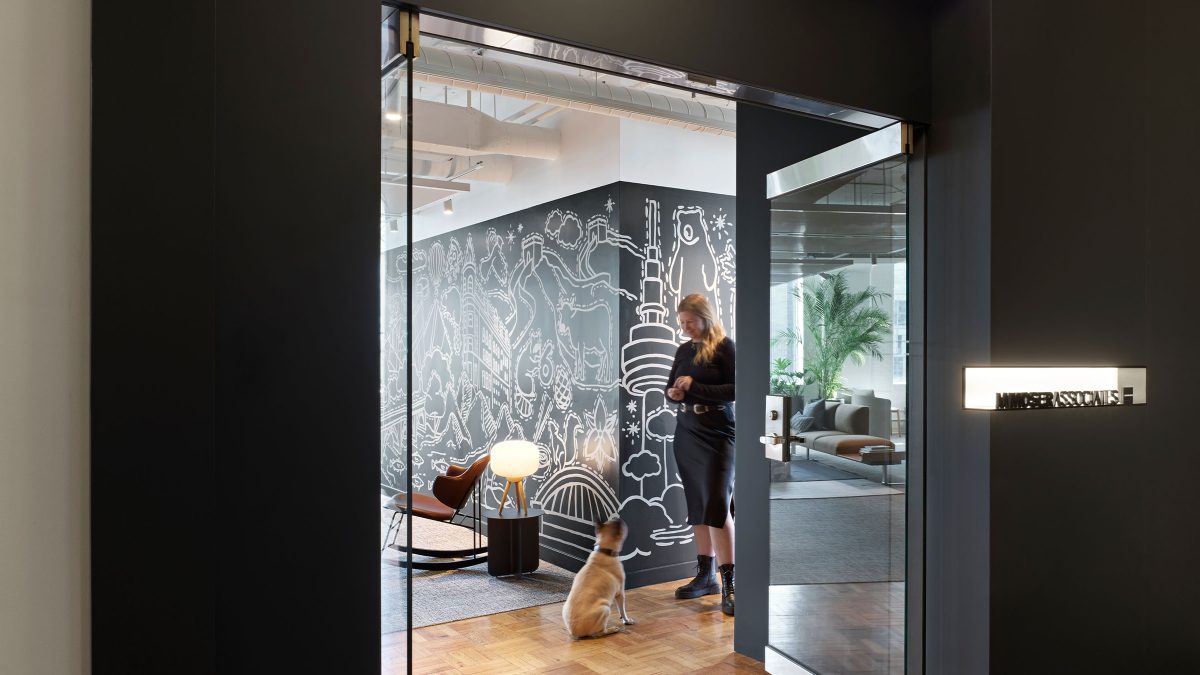
Completed
2023
Toronto
557 sq m / 6,000 sq ft
Targeting WELL and net zero
Ben Rahn & A-Frame Photography